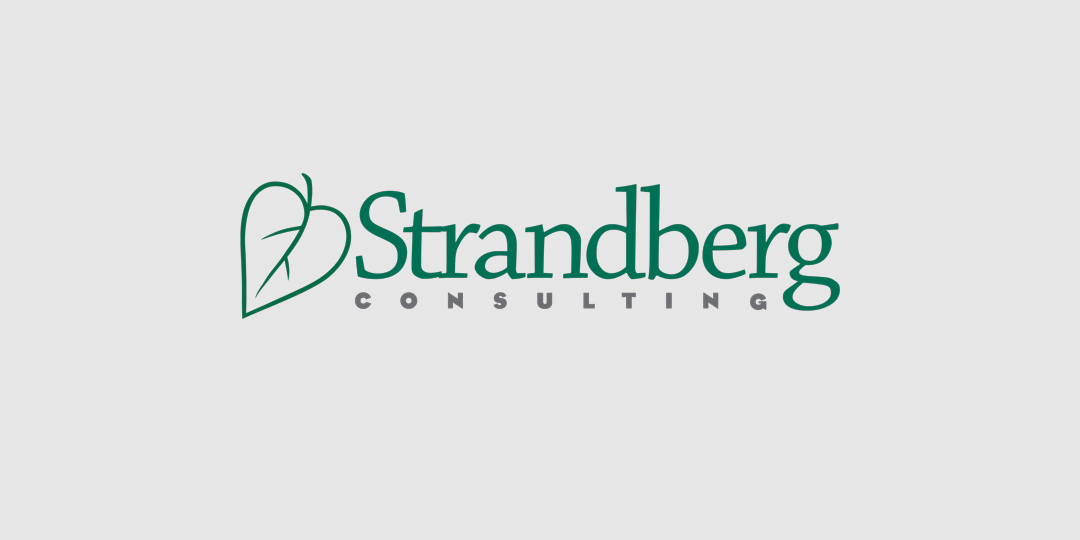It’s my pleasure to introduce Tom Bowers, founding president of Virescent Consultants Ltd, a Toronto-based sustainability research and consulting company. Tom and I collaborated recently on a sustainable supply chain survey and he shares the results below. If you care about sustainability, I think you’ll find the results of this survey both interesting and uplifting.
A guest post by supply-chain and sourcing expert, Tom Bowers:
Coro’s right. This research does indicate positive trends in sustainable supply chain practices. Targeted at supply chain professionals, this research provides a unique “insider” perspective on the operational side of supply chain initiatives. The results show positive perceptions regarding business outcomes which should encourage anyone involved with sustainability in the supply chain. As well, I hope these results will inspire others to begin this work.
State of the supply chain profession – 2013 Survey Results
Sustainability is clearly an active concern and has grown in importance for the purchasing profession with nearly 70 per cent of respondents personally involved with integrating sustainability considerations in to their company’s supply chain, up from 58 per cent in 2011.
The importance of this topic is further supported by the fact that half of the respondents also reported that their company has an executive team member with explicit accountability for integrating sustainability (social and/or environmental) considerations into the supply chain. This suggests that companies are investing at the senior level to make sustainable supply chains a priority.
What are the perceptions of supply chain professionals towards sustainability initiatives?
We know that the profession has engaged with sustainability for several years and is on the increase, but do those involved see value for their company in doing so?
The view from the profession is consistently very positive towards sustainability initiatives, with the majority perceiving a wide range of business benefits for their company. Seventy per cent of respondents said they are already involved with sustainability initiatives, and among this group, the perception of benefits was even greater.
We asked participants whether they believed developing sustainable supply chains could have benefits for their business; the percentage of positive responses is shown against each of the benefits in the table below:
| Business Benefit | 2011 | 2013 |
|---|---|---|
| Reduce costs | 37 | 58 |
| Improve brand image | 79 | 75 |
| Satisfy customer requirements | 62 | 72 |
| Staff recruitment, retention and morale | 31 | 45 |
| Help manage risks | 49 | 66 |
| Drive product innovation | 59 | 71 |
The table shows clearly perceived benefits and that there has been a shift since 2013. Strikingly, a slight majority now see sustainability as helping to reduce costs, whereas in 2011 only a third did. There are many resource and energy efficiencies that can deliver cost savings in the short-term, perhaps reflected in the survey results. However, executives should be cautious about making cost reduction the main thrust of sustainability initiatives since they can be harder to maintain in the long run.
Overall, the perception of benefits derived from sustainability is stronger than 2011 with particular increases around risk management and product innovation. This shows that having actively participated with sustainability projects, purchasers are even more convinced of the benefits for doing so.
How are purchasers achieving these benefits and what lessons can we learn from them?
Engaging with suppliers is critical to supply chain sustainability, with 79 per cent identifying supplier collaboration as needed in order to achieve their own company sustainability objectives. The results also show that 55 per cent of companies already are actively collaborating with one or more of their suppliers on initiatives to improve the sustainability of their supply chain.
For those 55 per cent, the top ways they engage with suppliers are:
- Inform (86.7%)
- Innovation (68.9%)
- Metrics (68.9%)
- Consultation (66.7%)
- Analysis (61.1%)
- Education (60.0%)
- Incentives (58.9%)
- Expertise (57.8%)
- Cost-Sharing (46.7%)
We would expect to see ‘informing suppliers of approach’ topping this list as the first steps in establishing dialogue with suppliers. Perhaps more surprisingly, nearly half (46 per cent) are involved in some kind of cost sharing initiative. This emphasizes the importance of cooperation for mutual benefits that cannot be delivered by an enterprise working in isolation.
Another interesting result is that innovation dialogues rank very highly. This demonstrates that companies have to find new ways of doing things to achieve sustainability outcomes. It is also an indication that it is only through innovation that business and sustainability goals can be effectively aligned.
The 55 per cent of respondents that actively collaborate with one or more suppliers identified the following business benefits:
Top five business benefits of supplier collaboration:
- Improved risk management (85%)
- Improved supplier relations (85%)
- Maintain access to resources/materials (84%)
- Meet customer requirements (82.5%)
- Improved supplier due diligence (82.5%)
Collaborating with suppliers not only results in enhanced sustainability outcomes, but also delivers key medium- to long-term strategic benefits.
Again it comes as no surprise that another common factor amongst those seeing the most benefits from sustainability, is leadership. Of those perceiving the greatest benefit from sustainability initiatives, 75 per cent agreed that “their company’s leadership (board and executive) is aware of material sustainability trends, risks and opportunities which could impact our supply chain and business success.” In addition, 60 per cent have an executive with responsibility for supply chain sustainability.
Leadership is critical for any enterprise undertaking change. We have seen by the focus on innovation, collaboration and risk management, that implementing sustainability initiatives in the supply chain is a process of major change for many companies.
Survey background
The sustainable supply chain survey was launched in 2011 in partnership between Virescent Consultants and propurchaser.com. It was designed to test attitudes, experiences and perceptions towards supply chain sustainability initiatives from those involved with implementing them.
The survey was updated in 2013 in collaboration with Strandberg Consulting. New questions were added to reflect developments in sustainable supply chain management during the past two years. They also helped identify emerging good practice among those procurement professionals engaged with sustainability initiatives.
The survey was distributed to hundreds of North American supply chain and purchasing professionals and 180 responses were completed. The survey participants were all purchasing and supply chain professionals with direct responsibility for negotiating and sourcing materials for their companies. Through their perspective, we can get a unique insight into what is happening within the purchasing and supply chain profession. The results are largely consistent with those from our baseline survey in 2011 giving an additional degree of confidence.


